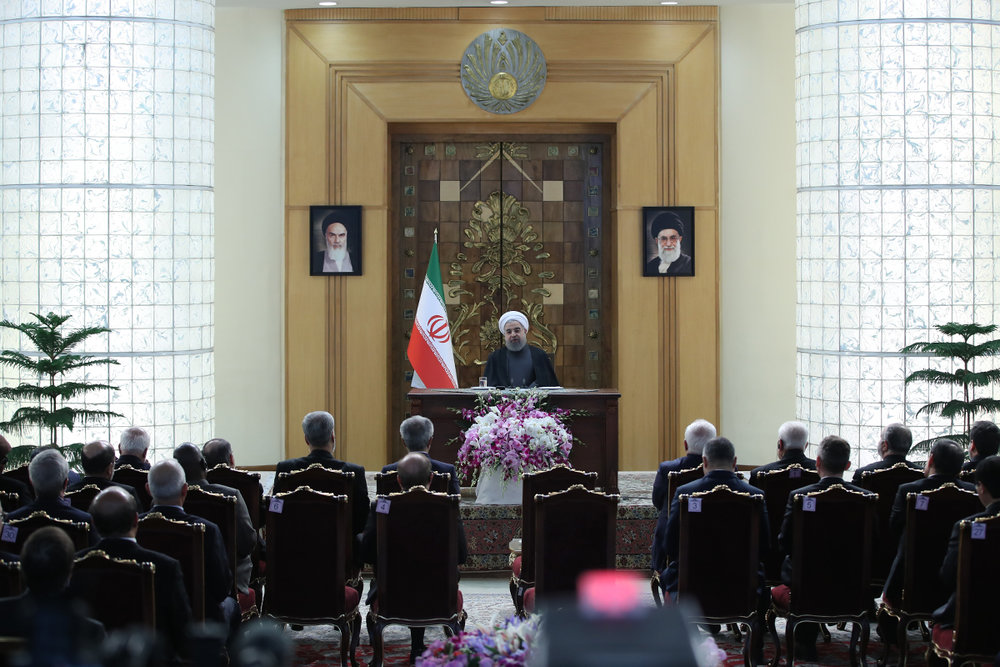London- Deputy Commander-in-Chief of Iran’s Army Ahmed Reza Pourdastan said Thursday that the U.S. economic sanctions against his country aim to incite the Iranian people and encourage them to revolt against the regime.
Speaking to army commanders in Tehran, Pourdastan said Iran could face economic burdens in the future because it has not yet received the money from its oil sales.
The Army deputy commander also accused “enemies” of using new tools in their war against his country, adding that Iran is currently facing three types of threats: soft, difficult and economic.
Pourdastan also warned from any attempts to ignite war at the eastern border of Iran, specifically near Afghanistan.
His comments came a few days after U.S. President Donald Trump’s administration issued a list of 13 Iranian individuals and 12 entities facing new sanctions and accused Iran of testing what it said was a non-nuclear ballistic missile.
As tension escalated between Tehran and Washington concerning the missile test, Iranian President Hassan Rouhani and Defense Minister Hossein Dehqan denied Iran’s intention to interfere in the affairs of regional states.
The minister accused the U.S. of inciting a psychological and propaganda war against Iran, adding that the Joint Comprehensive Plan of Action (JCPOA) “did not and would not constitute a threat to Gulf States.”
Dehqan also denied U.S. reports that Iran carried out a second missile test two days ago, after the first one was conducted in January.
For his part, Rouhani said Iran would not use the JCPOA to interfere in the domestic affairs of other states.
“The Islamic Republic’s weapons are for self-defense only,” he said.
Speaking to foreign diplomats, the president said: “Peace in the region and the world depends on unity amongst nations, dialogue and ruling out extremism and violence.”
